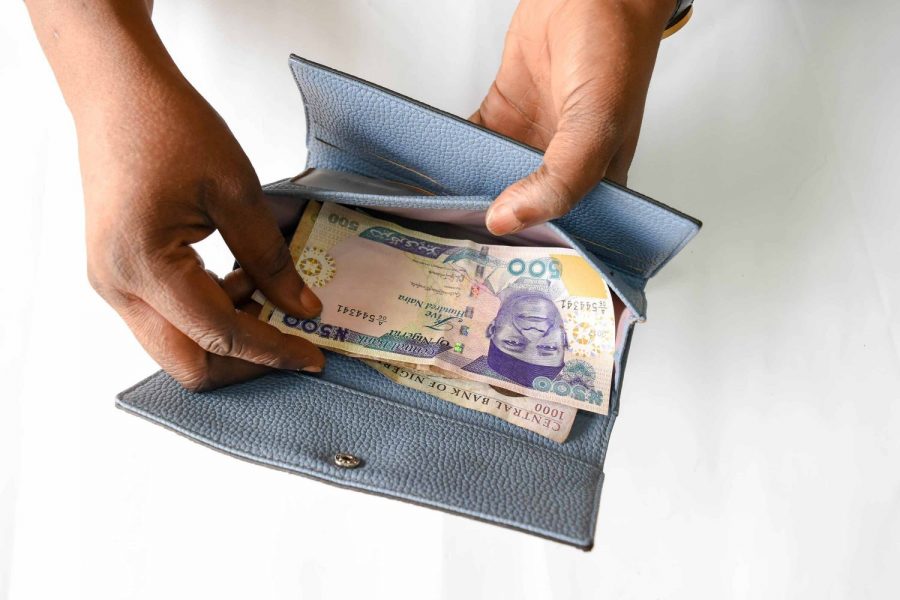A World Bank survey has revealed that household income remains precarious due to the adverse effects of the COVID-19 pandemic on economies.
The survey is the 6th round of the Nigeria COVID-19 National Longitudinal Phone Survey (COVID-19 NLPS) 2020. It is part of the World Bank’s global effort to support countries in their efforts to monitor the impacts of COVID-19.
This round was implemented by the National Bureau of Statistics (NBS) between October 9-24, 2020. Although it had two different themes, it also touched on incomes and employment of households, which was the theme of the 5th round.
READ: 89% respondents are willing to be vaccinated for free – NLPS survey
Data from the survey indicates that the number of people working as of October (87%) is more than the number of people working before mid-March (86%). While the number of rural workers in October (89%) surpassed the number in mid-March (86%), the number of urban workers in October (81%) is below the number in mid-March (84%).
Despite the trend showing steady increase in employment from the base period up to the sixth round, the report has argued that, although working status has peaked over time, income level remains precarious, citing non-farm enterprise operation.
READ: COVID-19: 115 million people are likely to fall into extreme poverty in 2020 – World Bank Group
Key highlights
- Share of respondents who are working remained stable at 87% relative to 85% in the 5th round.
- The share of people working in urban areas, rose from 78% in the 5th round to 81% in the 6th round.
- The share of people working in rural areas, rose from 88% in the 5th round to 89% in the 6th round.
- Of the 84% of households that operated a non-farm enterprise at any point in 2020, around 22% were not operating their businesses in October 2020.
- The vast majority of these non-farm enterprises that are currently closed had been open at some point since the start of the COVID-19 crisis, indicating that businesses that may have, at some point, resumed operations were not viable enough to continue
READ: Nigeria to exit recession by first quarter of 2021
What this means
Should household income continue to be precarious, it may limit the investments households are able to make in education and health services for their members, even if schools fully reopen and the government supports more testing and vaccination.
Considering the recent surge in COVID-19 cases and death in Nigeria and globally that appear to confirm the second wave of COVID-19, the possibility that the situation improves is bleak.
This sustains the belief that measures to contain the pandemic be taken seriously and strictly adhered to by individuals and organisations.
READ: Private sector to drive global economic recovery in 2021 – IFC Boss
What you should know
The 6th round of the survey had 2 key innovations, but also touched on the theme of the 5th round:
- The first innovation, and partly relevant in this context, was to collect specific information on education for up to six school-aged household members (5-18 years).
- In April 2020, the National Bureau of Statistics (NBS), with support from the World Bank, launched the COVID-19 National Longitudinal Phone Survey (NLPS) – a monthly survey of a nationally representative sample of 1,950 households, to monitor the socio-economic impact of the COVID-19 pandemic and other shocks.
- World Bank teams from the Development Data Group and the Poverty and Equity Global Practice provided technical support in conducting the survey.
- The first round (baseline) of the survey was conducted in April/May 2020, during which a federally mandated lockdown was in full effect. The survey is part of a World Bank global effort to support countries in their data collection efforts to monitor the impacts of COVID-19.
















